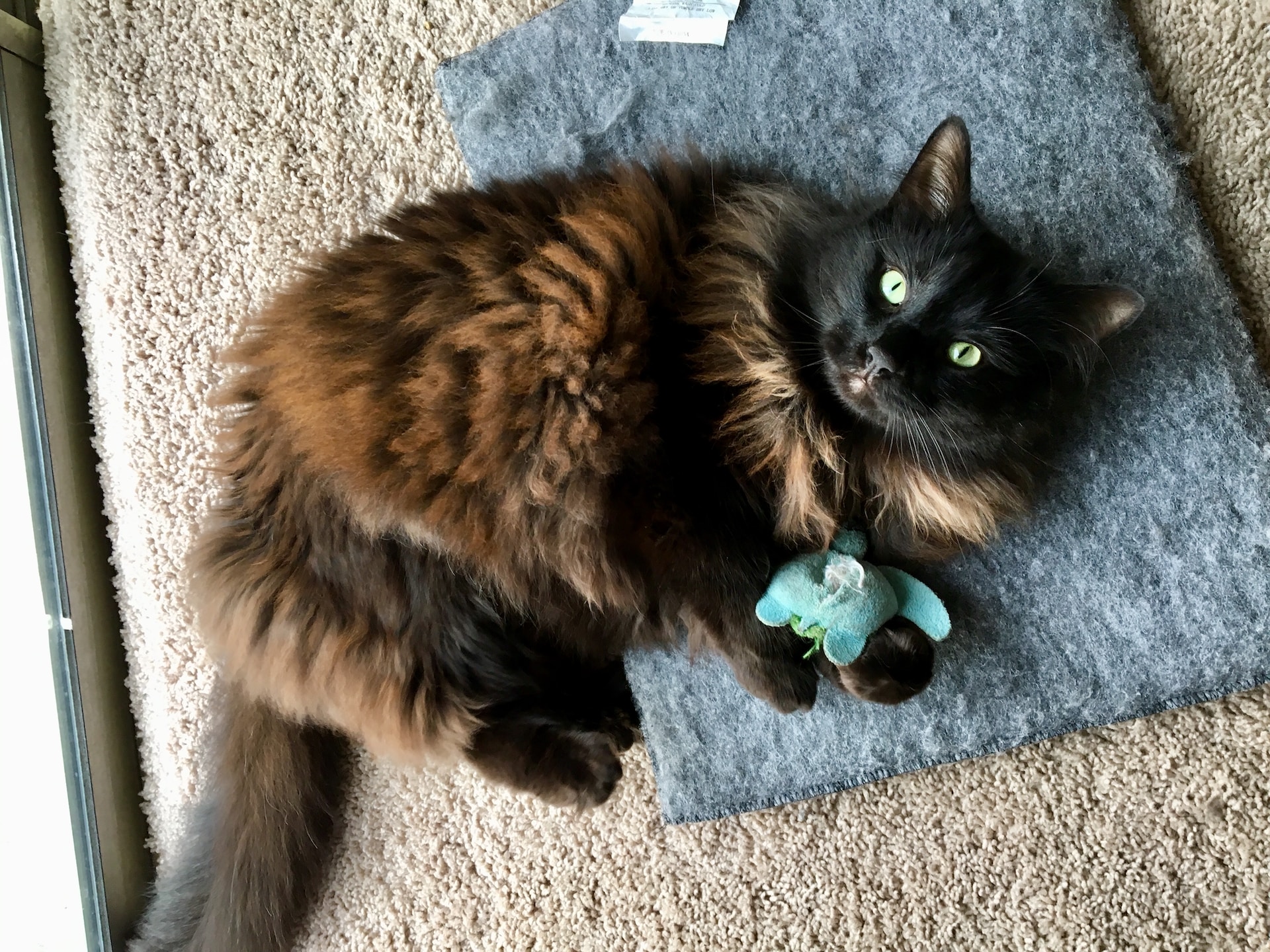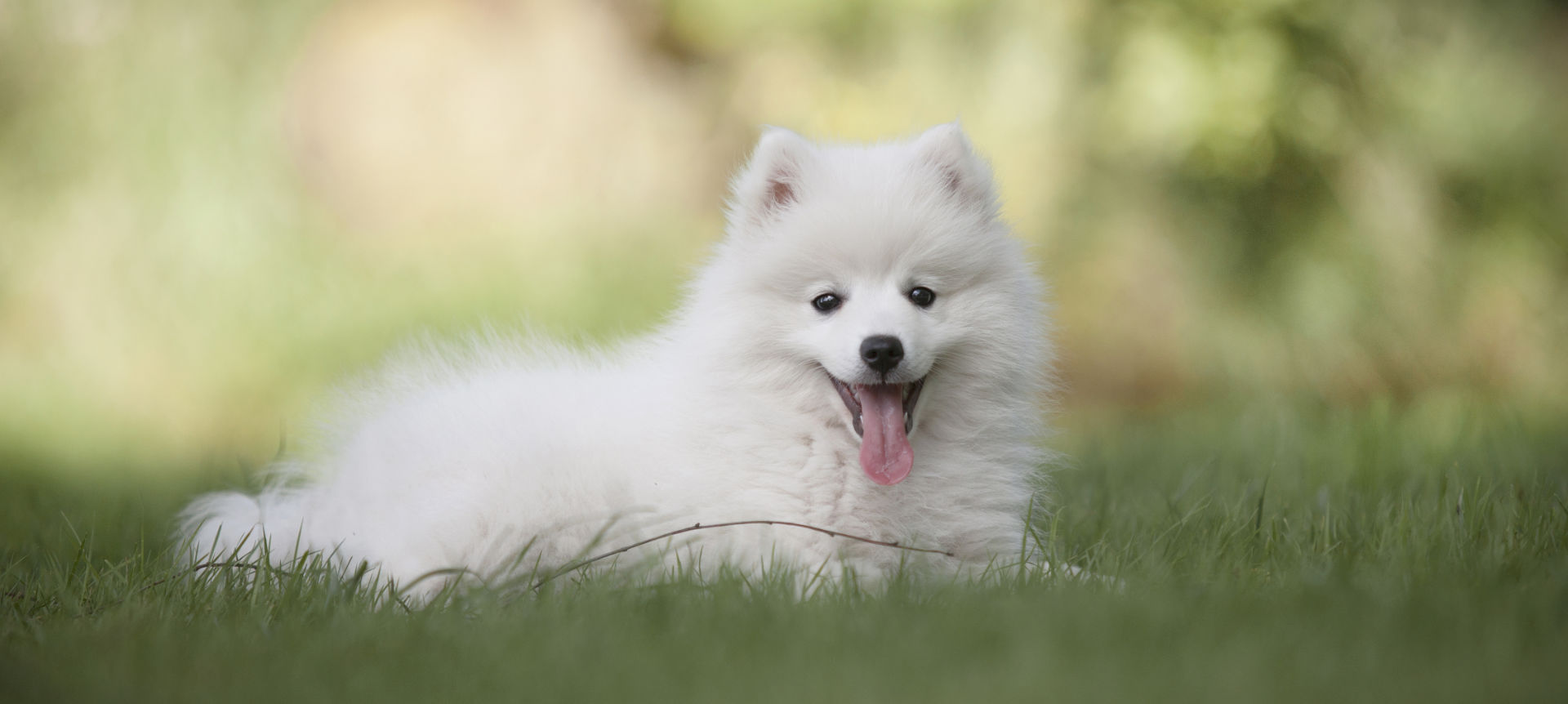
09 Aug Common Oral Health Problems in Cats
When we think of our feline companions, their playful antics, soft purrs, and different personalities often come to mind first. However, there’s another aspect of their well-being that demands our attention: their oral health. Just like humans, cats can experience a range of dental issues that can affect their overall health and quality of life. In this blog, we will explore common oral health problems in cats, their treatment options, and the crucial role that regular veterinary check-ups play in maintaining a cat’s dental hygiene.
Cats may seem like the picture of health sometimes at home, but it is important to know that cats are very good at hiding pain or illness. Often you may not know there is an issue until it is severe in nature. Some of the most common oral health issues in cats include:
- Periodontal Disease: This is one of the most prevalent dental issues in cats. Plaque and tartar accumulation on teeth can lead to inflammation and infection of the gums, causing discomfort and potentially even tooth loss. Left untreated, periodontal disease can also affect other organs such as the heart and kidneys. For more information about periodontal disease visit our website at www.vetdentistwi.com/services/pet-periodontal-therapy/.
- Gingivitis: Like humans, cats can develop gingivitis, characterized by red, inflamed gums. It’s often a precursor to more severe periodontal disease if not addressed promptly. Gingivitis can be reversed if it is treated in time.
- Tooth Resorption: This condition involves the gradual breakdown of a tooth’s structure, usually starting below the gumline. Tooth resorption is painful and may also require extraction of the affected teeth.
- Oral Tumors: Cats can develop tumors in their mouths, some of which are benign while others may be malignant. Regular oral exams can help catch these growths before any symptoms would begin. For more information about oral tumors visit our website at www.vetdentistwi.com/services/oral-tumors/.
- Stomatitis: Stomatitis is an inflammatory condition affecting the mouth and throat soft tissues, causing severe pain and discomfort. It often leads to ulcers and difficulty eating. Stomatitis often results in the extraction of numerous to all teeth present in the mouth.
Treatment and Management
Treating feline dental issues often requires a multi-faceted approach and the appropriate treatment depends on the specific condition diagnosed by a veterinarian. Here are some common treatments for feline oral health problems:
- Professional Dental Cleaning: Just as humans visit the dentist regularly, cats also benefit from professional dental cleanings performed under anesthesia. These cleanings remove plaque and tartar buildup and address the early stages of periodontal disease and prevent its progression. For more information on dental cleanings visit our website at www.vetdentistwi.com/services/pet-dental-cleanings/.
- Extractions: In cases of advanced periodontal disease, tooth resorption, or severe stomatitis, extractions may be necessary to alleviate pain and prevent further complications.
- Medication: For conditions like gingivitis and stomatitis, pain management and anti-inflammatory medications can be prescribed to ease discomfort and manage inflammation in some cases.
- Dietary Changes: Special dental diets designed to reduce plaque and tartar buildup can contribute to better oral health. These diets often have larger kibble pieces that promote chewing, which helps mechanically clean teeth.
- Oral Rinses and Gels: Some cats might benefit from the use of oral rinses or gels that help reduce bacterial growth and maintain healthier gums. Always use products that are safe for pets and recommended by your veterinarian.
The Enigma of Silent Suffering: Why Regular Vet Check-ups Matter
One of the biggest challenges with feline oral health is that cats are experts at hiding discomfort. In the wild, showing weakness could make them vulnerable to predators, so even our domesticated feline friends have retained this instinct. This means that they might not exhibit obvious signs of pain until the issue has progressed significantly.
Regular veterinary check-ups are essential for uncovering these hidden issues. Veterinarians are trained to spot even subtle signs of dental problems, such as excessive drooling, changes in eating habits, pawing at the mouth, or avoiding/dropping hard food. By the time an owner notices these signs, the problem could be quite advanced. Routine exams can catch dental issues early, leading to more effective treatment and a better quality of life for the cat.
Preventing Oral Health Problems in Cats
The old adage, “prevention is better than cure,” holds true for feline oral health as well. As responsible cat owners, there are steps we can take to promote healthy teeth and gums in our furry companions:
- Regular Brushing: While it might take some patience and training, brushing your cat’s teeth can significantly reduce plaque buildup. Use a toothbrush and toothpaste specially designed for pets and start slowly to allow your cat to get accustomed to the process.
- Dental Treats and Toys: There are numerous dental treats and toys available that help cats naturally clean their teeth while they chew and play.
- Balanced Diet: Providing a well-balanced diet that supports dental health is crucial. Consult your veterinarian for recommendations on the best diet for your cat’s specific needs.
- Annual Dental Exams: Alongside your cat’s routine veterinary check-ups, schedule annual dental exams to assess their oral health and catch any issues early.
- Environmental Enrichment: A stimulating environment that encourages chewing, scratching, and exploring can help keep your cat’s teeth and gums healthier.
Conclusion
Feline oral health is a critical aspect of overall cat care that is often overlooked. As responsible pet owners, it’s our duty to ensure our feline companions enjoy a pain-free and comfortable life. By understanding common oral health problems, seeking regular veterinary care, and taking preventive measures we can help our cats maintain healthy teeth and gums well into their golden years.
Photo by Madeline Cox from Unsplash


